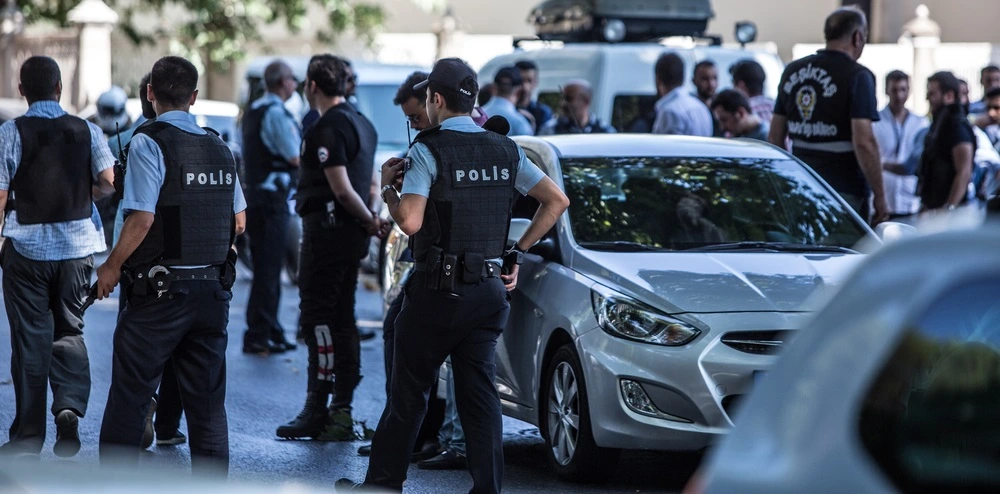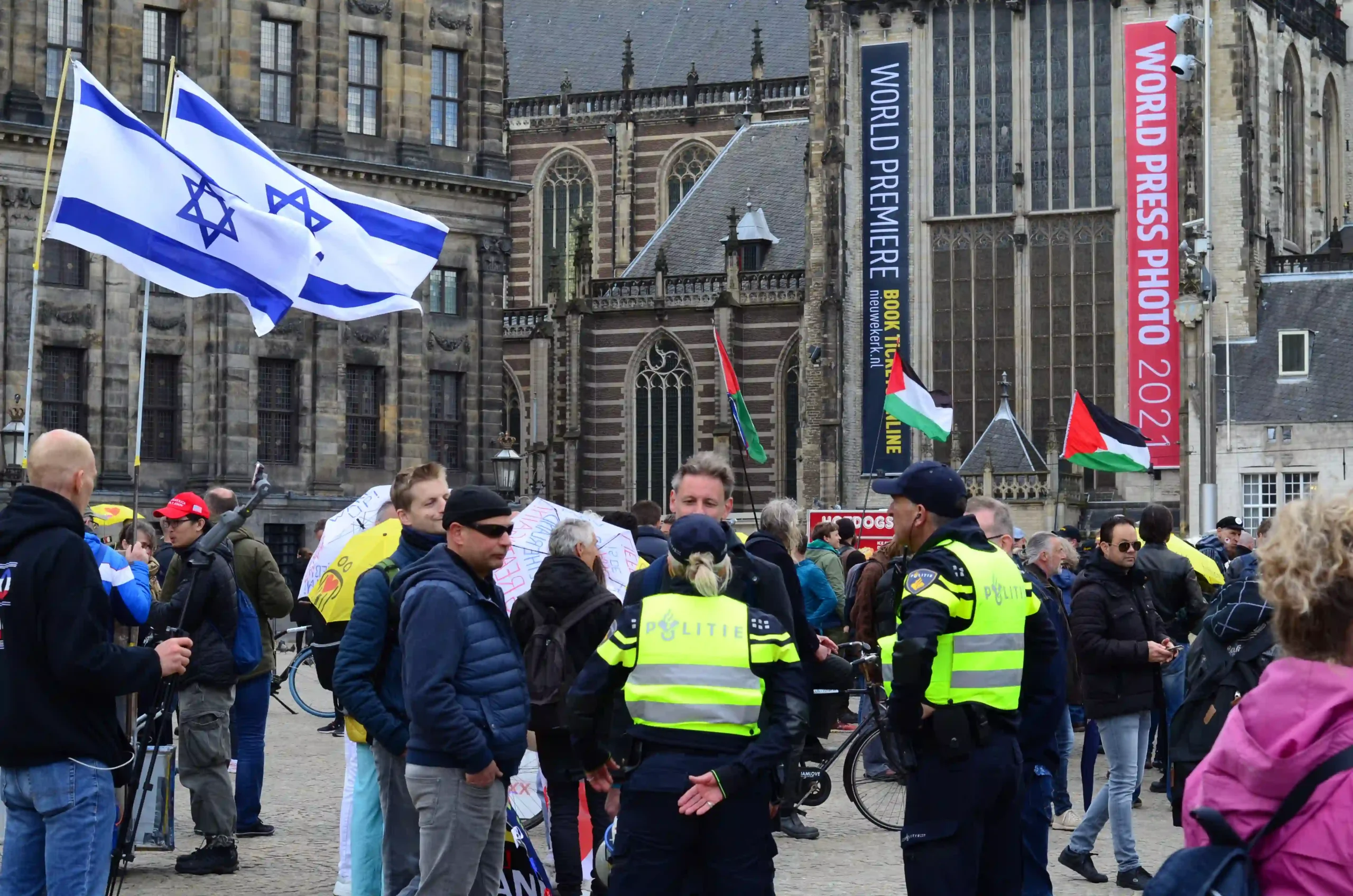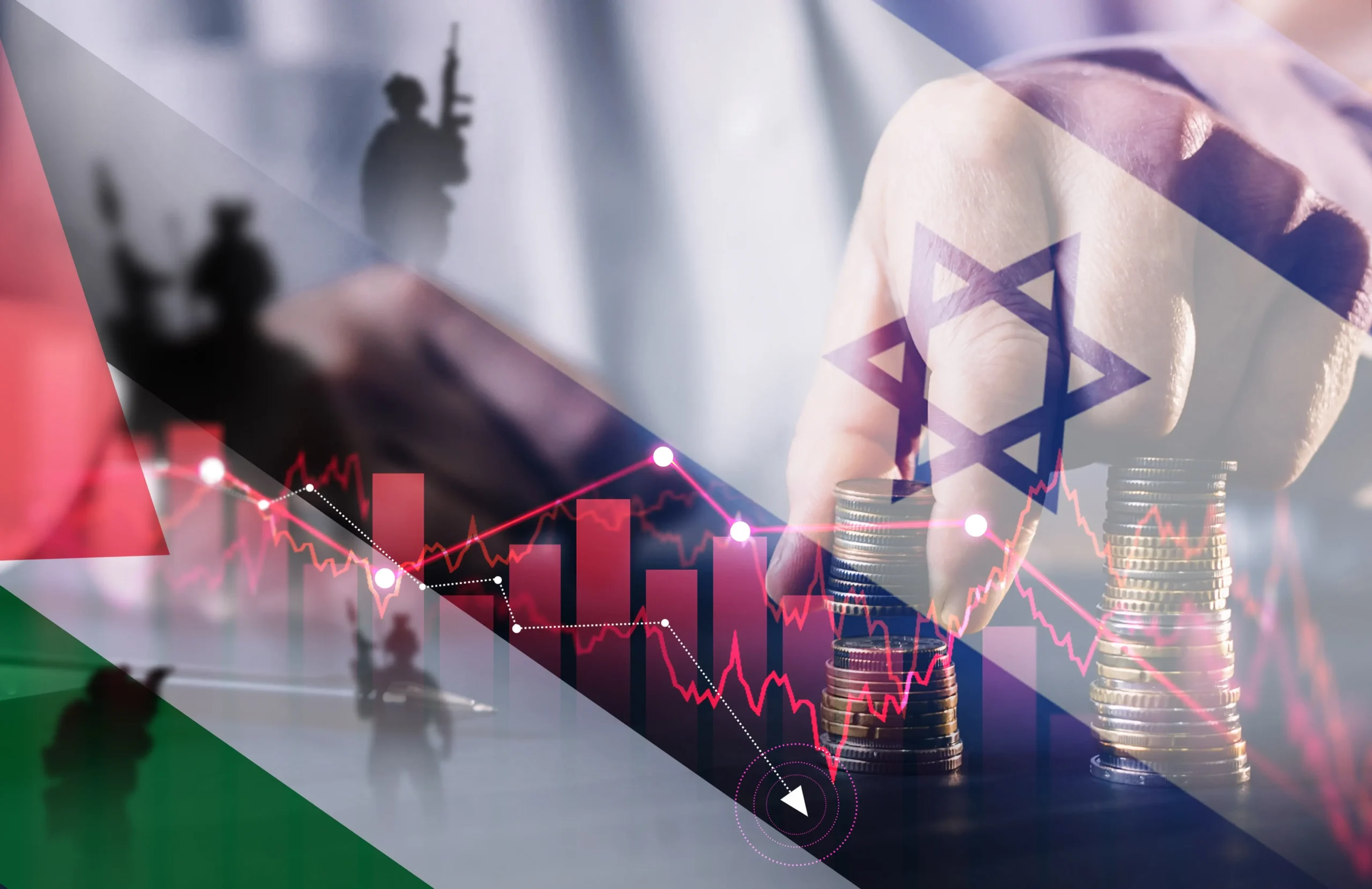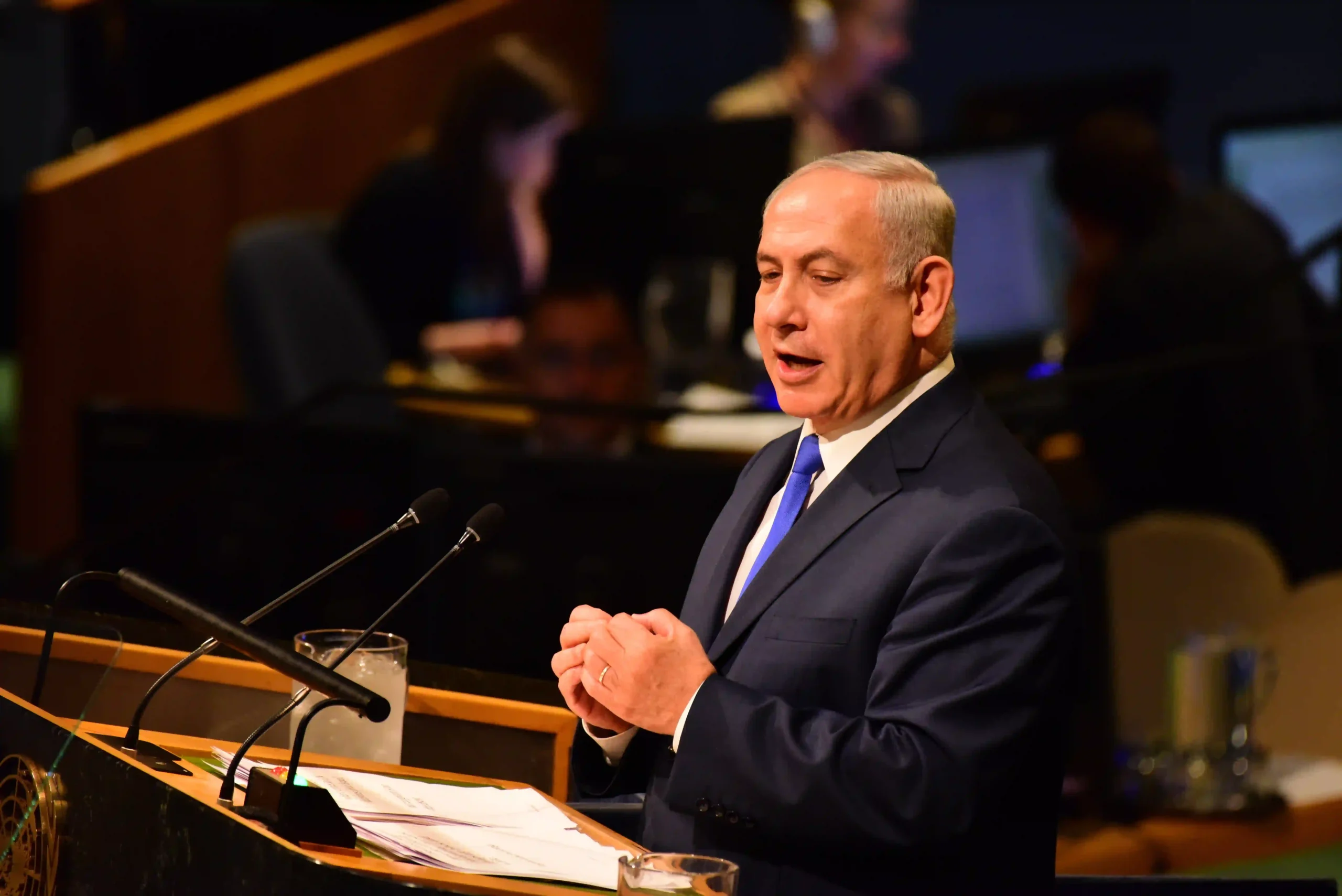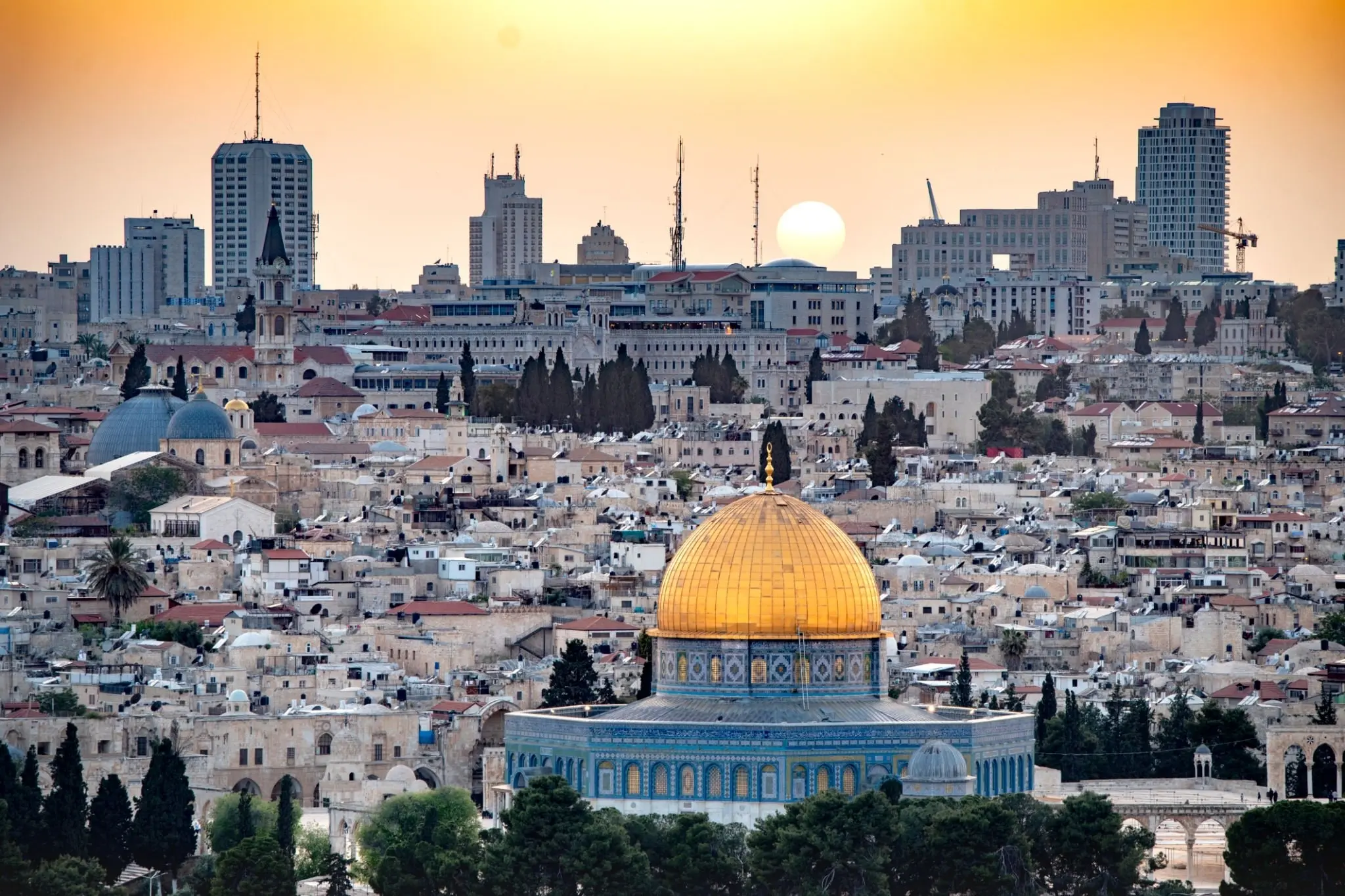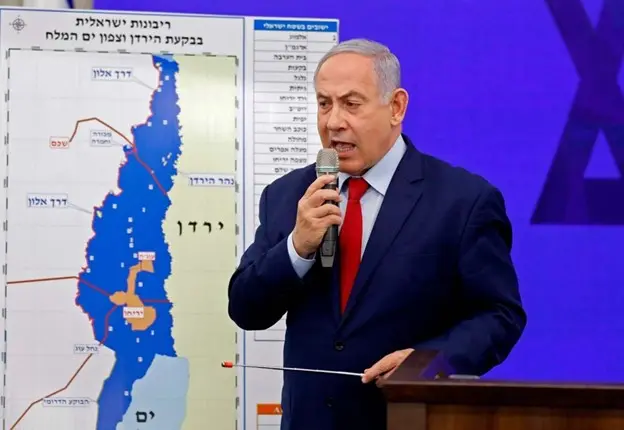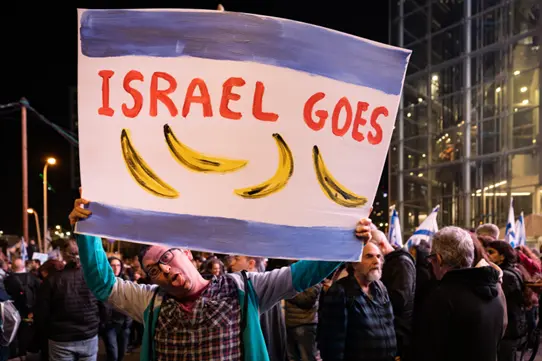29 Jan 2024
Decoding the Istanbul Church Attack
This article was originally published on Ahram Online on Jan. 31, 2024.
The attack on the Santa Maria church in Istanbul is the first attack on Turkey claimed by IS since 2017. According to the Islamic State's statement, the attack was a response to one of its leaders instructing for the attack on "Jews and Christians". However, the end goal of the attack remains unclear and that raises questions about the legitimacy of IS’s claim. Over the last decade, the world has witnessed a sharp rise in terrorist attacks often claimed by terrorist groups striving to establish their relevance and influence over international politics. In fact, between 1998 and 2016, an estimated 16% of attacks were falsely claimed.
30 Nov 2023
The West Polarised: Impact of the War in Gaza
Ramifications of the Israeli-Hamas War have not been confined within Gaza or the Middle East’s borders. Polarisation over the Palestinian cause has reached a new character especially in the Western world where such a trend has never been as deep. Cracks within governments and societies can be traced to a volatility of values, exposure to social media, and demographic changes. With such an unprecedented divide over Western governments tolerating Israeli impunity in Gaza, the West is faced with a moral dilemma which might cost it it’s claimed “moral superiority”.
6 Nov 2023
Israel’s War is Testing its Economic Resilience
The conflict between Hamas and Israel has been ongoing for the past four weeks, resulting in a devastating loss of life. Over 9,056 Palestinian casualties have been reported, while the Israeli side has suffered approximately 1,728 casualties. In addition to the profound human casualties, the conflict has negatively impacted the Israeli economy and is testing its resilience.
18 Oct 2023
Hannibal Protocol: Will Israel Burn Hamas’s Leverage?
The emergency government of Israel has taken decisive steps, announcing its intent to declare war and initiate comprehensive ground invasion preparations in response to the recent incursion by Palestinian factions on October 7, 2023. This incursion targeted over 20 locations surrounding the Gaza envelope. It resulted in the capture of numerous Israeli soldiers and officers stationed along the front lines in the Gaza Strip's secure zones. The present prisoner crisis is one of the most severe episodes in the long history of confrontations between Israel and Palestinian factions.
27 Sep 2023
Netanyahu and the Art of Storytelling
Since its emergence, Zionism has been an ideology of strategic and ambitious imagination. In his address to the UN General Assembly's 78th session, Israeli Prime Minister Benjamin Netanyahu takes every opportunity to confirm the effectiveness of this strategy and ensure the fruition of his vision for a “New Middle East.” Although the address was very much consistent with the Prime Minister’s record of flamboyant public speaking and Israel’s usual public image projection, it was equally revealing of a certain political desperation lurking in the shadows.
26 Apr 2023
Netanyahu’s Israel: Escalating Security Threats & Political Fault Lines
The Al-Aqsa Mosque in Jerusalem is a hotbed of tension between the Israeli forces and Palestinians. The “clashes” which are often depicted by international media reports as a struggle between two equal counterparts are part of a larger system used by the Israeli government to prevent and put into check any form of Palestinian resistance. However, when it comes to Al-Aqsa, media accounts tend to amplify certain narratives that justify police or military retaliation. Accounts from Israeli official sources vary greatly from the official Palestinian accounts and point to the large role that narratives about rights play in shaping the conflict on the ground. From the Israeli perspective, the presence of Palestinians in Al-Aqsa overnight is framed as a potential security threat while for Palestinians, the heavy presence of Israeli police and frequent raids, particularly during prayer times in the holy month of Ramadan, is a violation of their basic right to worship. Identifying the exact cause of violent escalation then becomes an issue of validating the accounts presented by each side which often pits official reports by the Israeli forces against individual Palestinian accounts and those of rights organisations present in the areas; arguably contributing further to international complacency. However, although the raids on Al-Aqsa Mosque are an annual occurrence, especially during Ramadan, the 2023 raids come under different circumstances than previous years.
30 Mar 2023
Netanyahu’s Judicial Amendments and the Future of the Palestinian Cause
In recent months, protests inside Israel have increased significantly in response to Israeli Minister of Justice Yariv Levin's announcement of the judicial overhaul plan on January 4, 2023. Protests have been held every week since Yariv's announcement. On February 12, 2023, Israeli President Isaac Herzog delivered an unusual address in which he warned of the consequences of this plan and its harm to Israeli society, economy, and security. The president attempted to mediate a reconciliation between the opposition and the ruling coalition, but he was unsuccessful. Nevertheless, the coalition began its strategy; on March 20, 2023, the Knesset passed the first reading of the proposal regarding the eligibility of ministers and deputy ministers with a majority of 63 members. In addition, the proposal states that courts, including the Supreme Court, are not allowed directly or indirectly to hear cases relating to the appointment or dismissal of ministers from office. This proposal is one of the most crucial components of the judicial amendments plan.
1 Mar 2023
Have Netanyahu’s Judicial Reforms Opened an Existential Can of Worms?
Israel’s proclaimed status as the only democracy in the Middle East is coming into question as enraged Israelis take to the streets to protest the governments’ most recent proposals. Netanyahu’s controversial right-wing government’s attempt to overhaul the judiciary has intensified polarization and widened the longstanding gaps between the right and left as well as the secular and the religious segments of society. The proposed law, which would allow the government to override court decisions by a simple majority and make its own judicial appointments, has already passed votes in a session of the Knesset Law and Constitution Committee to go to its first reading at the Knesset on February 20th, supposedly leaving time for the sides to attempt a negotiation process.
However, as trust in political parties and the formal democratic process has declined, protesting until the decision is reversed appears to be the left’s only option as protests continue for the seventh week. Still, whether the outcome is a reversed decision or a prolonged negotiation process, the current situation has arguably been a catalyst for a societal transformation that may have been long overdue for Israelis. For years, many have been asking “what happened to the Israeli left?” but the process currently unfolding may have greater implications. The question now is, how significant is this transformation, to what extent can it penetrate and reshape some of the most deeply rooted elements of Israeli political culture and what impact could this potentially have on the conflict with Palestine?
